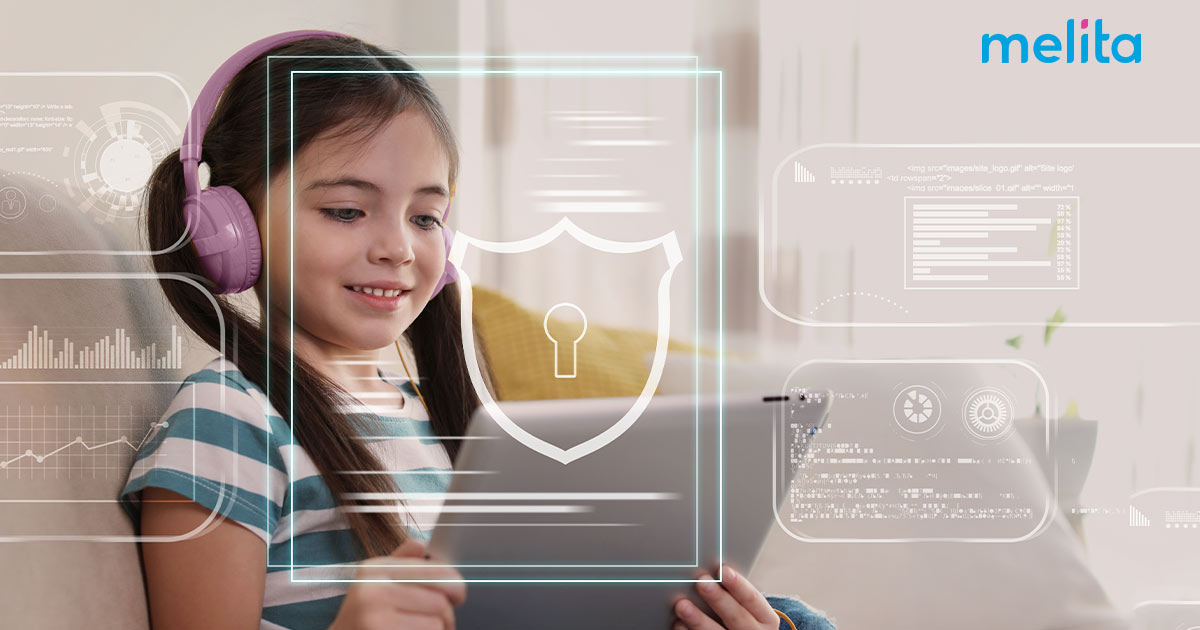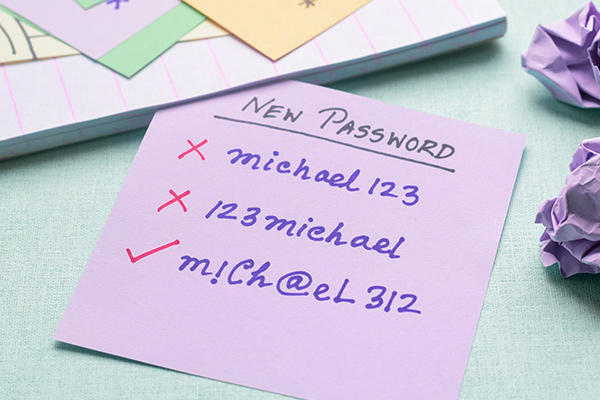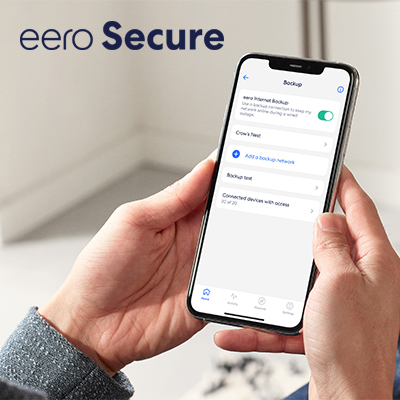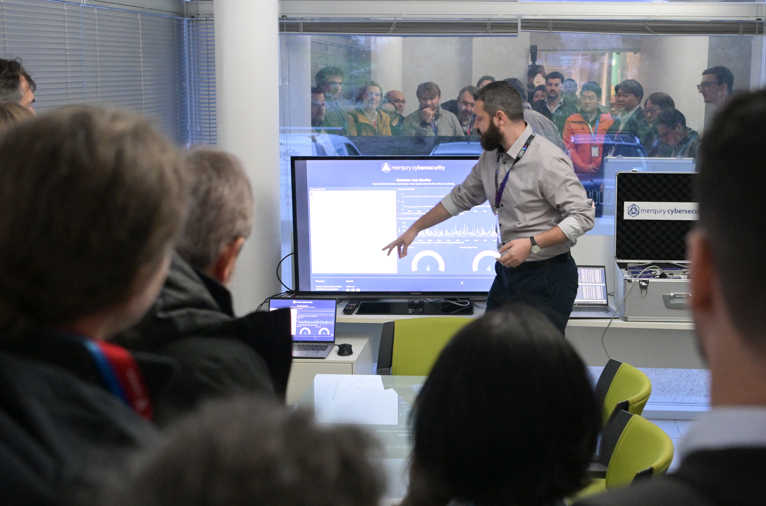
The Internet opened up a world of possibilities, and has enriched our lives in so many ways. With all the freedom of the Internet, however, there are some downsides. In some ways the Internet is a lawless place where scam artists, identity thieves and cyberbullies often feel far too free to do what they want. Everyone can be a potential target on the Internet, and children are especially vulnerable to online actors with ill intent.
In this article we will be looking at ways you can protect yourself and your family online. With the right precautions and a focus on Internet safety, you can still enjoy the benefits of the Internet while also protecting your family from data breaches, Email phishing scams and other financial threats. It’s important to take security precautions, by using strong passwords and appropriate Windows and Internet security software. Your family’s privacy, and the safety of your children, must be guarded carefully. It’s also important that your children understand they need to protect themselves and be aware of any dangerous interactions online.
Understanding the Risks
There are many examples of different types of Internet fraud. Criminals use phishing attacks embedded in fake emails, cloned web sites and even text messages to steal data that allows them to access your financial information and engage in identity theft. Malware is designed to disable your computer or, in some cases, hijack your data and hold it for ransom. Cyberbullying can have a terrible toll on those targeted and affected, and the potential for cyber predators is always there.
A couple of real world case studies illustrate the potential dangers that are out there. One individual was contacted by her credit card company, and learned that someone else applied for a new card using all of her personal identity data. The identity thief also opened some 50 other accounts in her name. A Dutch reporter, working with an ethical hacker, illustrated exactly how insecure public cafe Wi-Fi was by hooking up a simple device that quickly showed every activity occurring on every laptop and device in the coffee house. Another person was victimised by a ransomware attack and had to pay a Bitcoin ransom to get her key files restored.
Tips for Securing Your Home Wi-Fi Network
If you want to stay safe online, you will want to protect your data by taking appropriate steps to safeguard your home Wi-Fi network. Modify the default name on your home network and make sure you have a strong, unique wireless network password. Be sure to activate network encryption, turn off the broadcasting feature and keep your router software up to date. Implementing a good firewall is also a must.
Creating Strong, Secure Passwords

Hackers often break into computers by guessing passwords, so you will want to be sure to create passwords that are strong and secure. A complex password can help keep your personal information and financial data safe. It is important to change your password on a regular basis too. Never share passwords with others, and do not use common words or phrases that can easily be guessed. Passwords should include symbols, numbers, and both lowercase and uppercase letters. It is also very important to set up two-factor authentication, or 2FA, whenever possible to provide an added layer of protection for your accounts.
Use Safe Browsing Habits
By following some basic online safety tips, you can help safeguard your information and avoid scams and other targeted attacks. As you browse online or read your emails, look out for suspicious links and fraudulent web pages that may be infected with malware. Keep your browser software updated, and install the required antivirus updates too.
If you are entering personal data, make sure the website includes the HTTPS prefix. Always conduct financial business over secure private networks. Avoid phishing scams by keeping up to date with different phishing techniques, and never click on a link that feels suspicious or is not from a site you truly trust. According to cisa.gov, more than 90% of successful cyber-attacks start with a phishing email so it is essential to know the tell-tale signs to look out for.
Using a Comprehensive Tool for Added Security
One of the best ways to be sure you are following internet safety rules is to use a comprehensive tool that allows you to create a far safer Internet browsing environment. These tools offer a wide range of controls and features that can help keep you and your family safe.
With Melita’s eero Secure, you will get an enhanced level of protection and safety measures on all the devices you connect to the Internet via eero. It offers SafeSearch to protect against inappropriate search results for images, websites, and even YouTube videos. You will get advanced network security to shield you from potential viruses, phishing attacks, and malware. Ad Block will eliminate most ads from applications and websites.

Protecting Your Personal Information
There are many ways that Identity Theft can occur. Phishing emails are used to trick potential victims into providing financial or personal information; smishing and vishing are much the same, except they target people via text message and voice phone calls, respectively.
Online criminals will also create fake websites that look like clones of the real thing, and often lead victims to providing their information on what looks to them like a trusted site. You may also find your personal information jeopardised as a result of a cyber attack on a company that has your key financial details and PII.
Monitor Your Children’s Online Activities
The Internet is a dangerous place for a child, so it is important to monitor what is going on in your child’s online world. They might encounter cyberbullying, which can be emotionally destructive and lead to all sorts of problems. The statistics are shocking when it comes to cyberbullying; according to safewise.net, 36% of kids age 12–17 said that they’ve been cyberbullied at some point in their life. You also have to think about the potential of inappropriate content reaching them through web searches, text messages or social media connections. Viruses and malware can also be used to directly target your children, and you’ll want to be sure they know how to protect their personal information.
Fortunately, there are some excellent tools available that help parents protect their children and filter what content should be available to them. With Melita’s eero Secure, you can apply age range filters that block social media, messaging, adult content and more. You can also block specific applications that give you cause for concern.
Conclusion
To keep your family and your personal and financial information safe, you need to be constantly aware of possible online threats and dangers. By using great tools that support a safe browsing experience, making common sense choices to avoid phishing scams, and tailoring Internet access by age group, you can help make the Internet a better place for both you and your family. Think of Internet safety as a layered approach, with each layer adding a level of protection that keeps your family secure.






